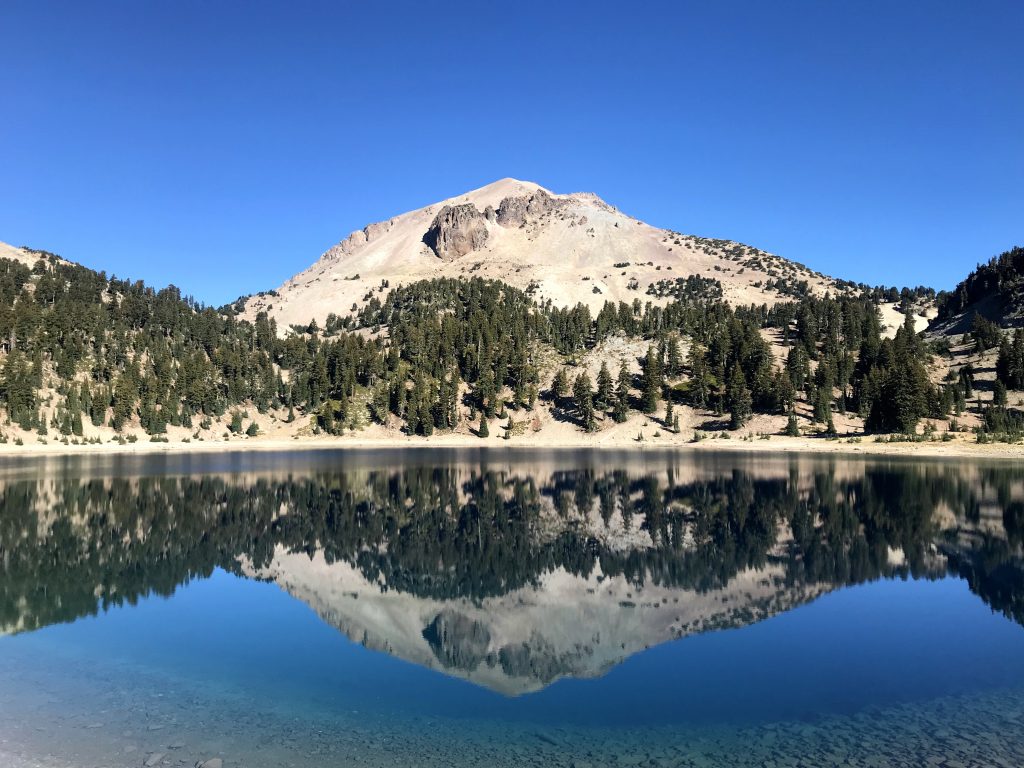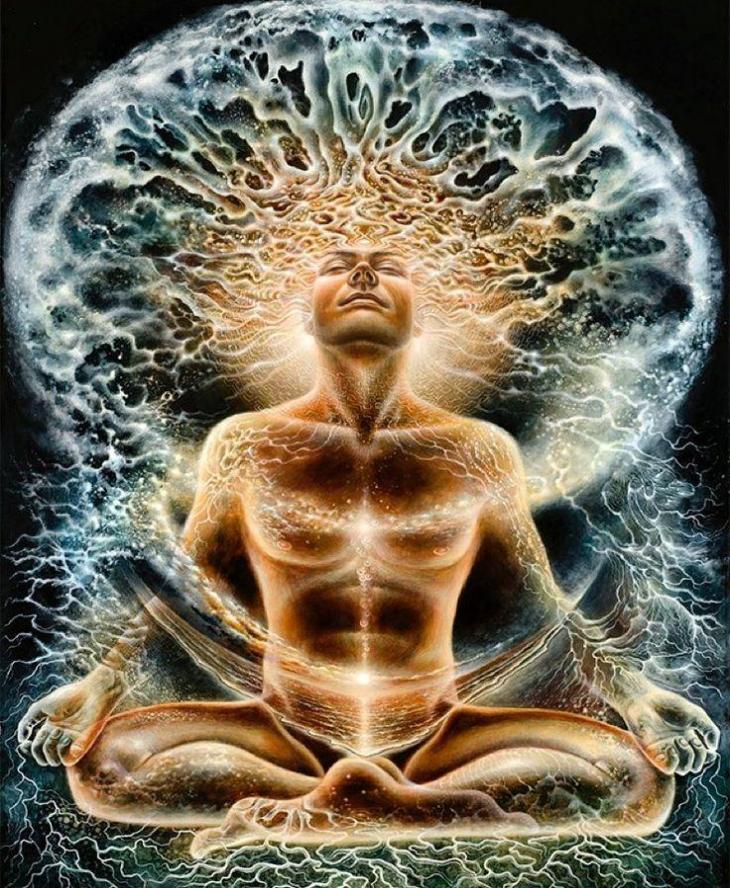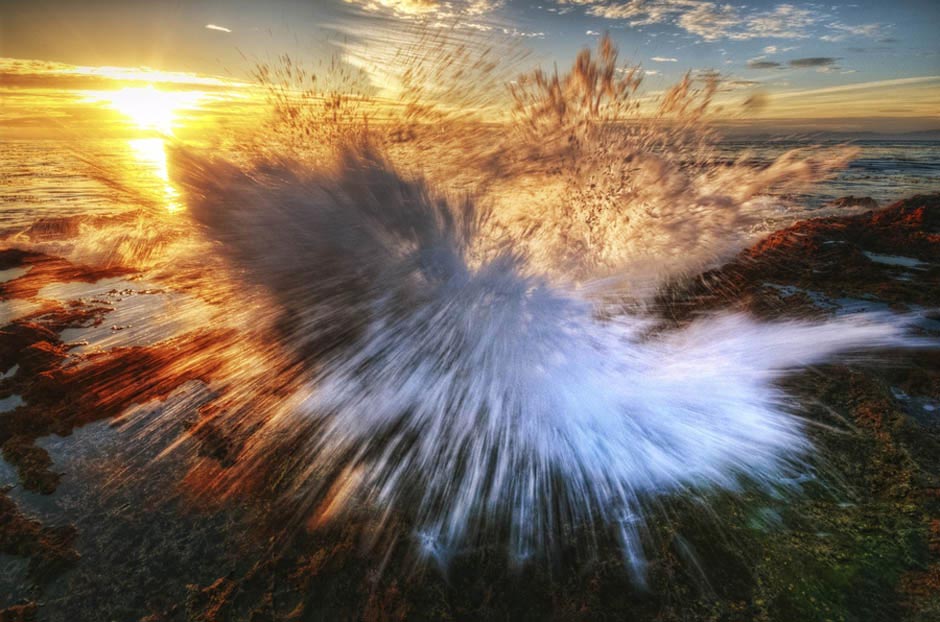It’s a day that will reach 40 degrees Celsius. Walking in the morning through the brown grass in the canyon beyond town is at once exhilarating and enervating. One cannot help but appreciate the essential things of life—water, greenery and the beauty of the Earth.
Dark volcanic cliffs loom high above, and buzzards circle on the updrafts. Woodpeckers dart in and out of the valley oaks dot the hillsides. The hour-long hike is marked by stupendous views of two gorges on the return trail high above the creek. A hundred meters straight down and hundreds of meters out, the gorge fans out in one direction and is invitingly lined with beech trees and deep pools. In the other direction is a chasm is a wild stretch of huge rocks–pillow lava–the leavings of one of Lassen Volcanic Peak’s eruptions.

Completing the loop, I waste no time clambering down the rocky path, replacing hiking boots with water sandals, and easing myself into a placid stretch of the stream. Immersed in the creek, the cool water is a sheer delight.
After a sandwich, I sit in the shade for an hour and watch the movement of life outside, and the movement of thought within. A family of deer—a buck with a fine set of horns, a healthy-looking doe, and two spotted fawns—quietly and carefully come down to the water. They doe and fawns drink while the buck stands watch in the stream. I thought the overhanging branches concealed my presence, but they spot me, and stare for a minute or two, apparently curious.
The past yields to the present and a meditative state begins. Just then the largest and brightest swallowtail butterfly I’ve ever seen begins to feed on fennel an arm’s length away. Its perfectly symmetrical tiger stripes and manta ray tail are astonishingly beautiful, and evoke profound wonder at nature’s boundless beauty.
In the meditative state, one is not pursuing a goal, but simply and fully aware in the present moment. But what happens to the brain during authentically meditative states? The brain cells that contain the storehouse of the past are held in abeyance. Not out of will or effort or any form of discipline, but simply in the act of attending to the movement of thought. Why does the mind/brain revert and return to psychological memory and time?
Undirected, unwilled attention gathers through passive observation, and acts like a laser, burning through the accretions of thought-consciousness.
The process does not depend on time. Indeed, it can only begin when all the habits and patterns of becoming cease. Eschewing will and effort permits attention to gather intensity in the brain, and end the movement of psychological memory and time.
Normally, experience is mediated by memories, images and words, but when awareness effortlessly holds the movement of the past in abeyance, there is direct perception of what is, outwardly and inwardly. The brain that automatically throws forth the past as words, images, associations and emotional reactions falls silent. Sensory perception is then unfiltered by memory. One is able directly observe what t is. Insight flows from this quality of observation.
The key to awakening authentically meditative states, and inducing the radical shift in consciousness that is urgently needed for human survival, is allowing space and time for passive watchfulness. With self-knowing, the division between the observer and the observed ends.

Nature, which is utterly indifferent to humans, is crucial to meditation and transformation. The earth is a mirror enabling the brain to gather attention to the movement of content-consciousness within one.
There is no such thing as ‘my consciousness.’ There is only human consciousness as it is moving and manifesting in the individual or group at the present time. The entire movement of content-consciousness can and must come to an end in one, at least temporarily.
Humankind appears to be at the limit of tens of thousands of years of accumulative thought-consciousness. Clearly, the earth, and the human spirit, cannot take much more of the cumulative consciousness of man.
As strange as it sounds in this insanely violent world, joy is the very essence of life. Ending psychological thought through passively attending to the entire movement of content consciousness within oneself (which includes the emotional storehouse as well), one awakens a completely different order of consciousness.
Martin LeFevre

